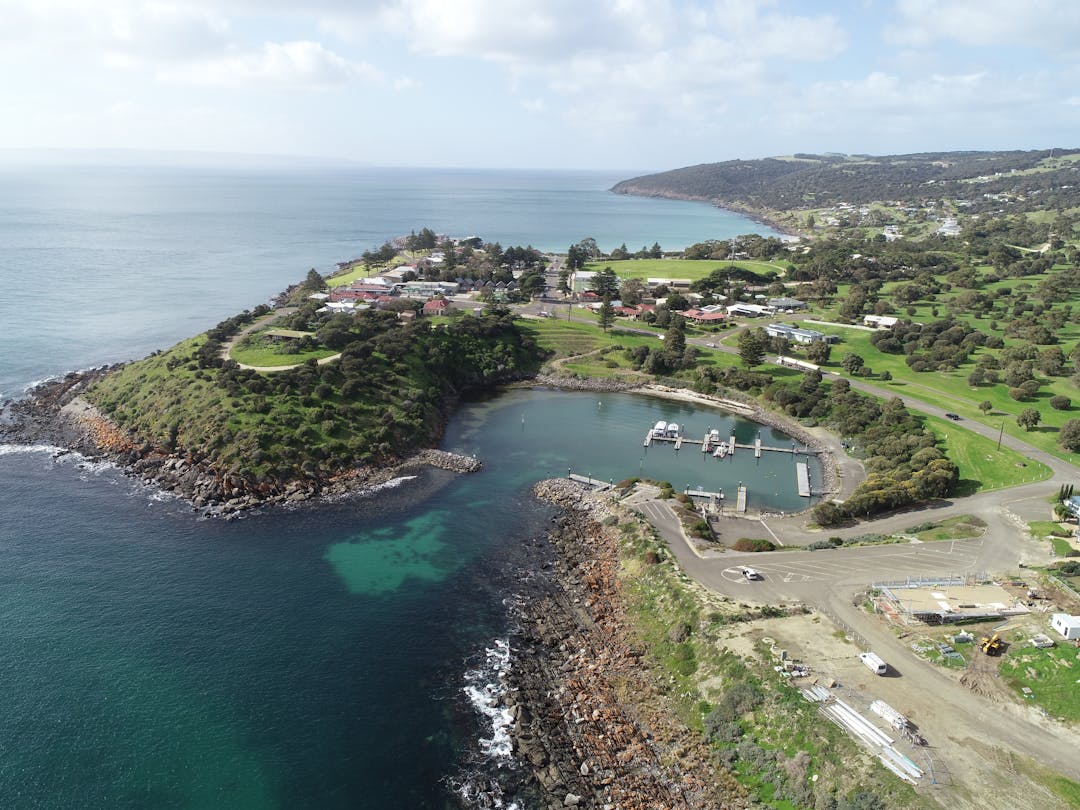After establishment, future purchasers of properties within this area will be made aware of the groundwater prohibition via the Form 1 statement provided to prospective buyers at the time of sale.
This informs future purchasers that existing groundwater bores are no longer able to be used and no future bores can be installed at the property.
The Form 1 statement is required to be provided by a vendor (the seller of the property), usually through the real estate agent or conveyancer to a prospective buyer, under Section 7 of the Land and Business (Sale and Conveyancing) Act 1994.
As a report outlining the need for this prohibition has been prepared, a YES response will also be generated for question 4(c) of the Particulars relating to environment protection in the Land and Business (Sale and Conveyancing) Regulations 2010.
This informs future purchasers of the land that a copy of the GPA determination report is available to them from the EPA Public Register.
This is in addition to any other EPA interests that have previously been flagged for the title, should they exist. This includes property being located within an EPA assessment area for which a report has been prepared.
For site contamination to become an issue, there needs to be a source (contaminated groundwater), a pathway (extracting that water from a bore), and a receptor (a person coming into contact with that water).
Using contaminated groundwater for drinking, showering, washing, filling swimming pools, watering lawns or irrigating produce over a long period of time is considered a health risk in the proposed GPA.
Prohibiting groundwater use removes the exposure pathway and protects public health. It prevents the spread of the contamination by preventing the use of existing bores, and also prevents the installation of new bores into the Quaternary aquifers in the future.
Rain and mains water (tap water) are not affected by groundwater contamination.
Home-grown fruit and vegetables are safe to consume if you are not watering them with groundwater (bore water).





 Automatic translations are provided as a guide only. To speak with us using a live interpreter, please call the National Translating and Interpreting Service on 131 450, and ask them to call us on 08 8757 9000.
Automatic translations are provided as a guide only. To speak with us using a live interpreter, please call the National Translating and Interpreting Service on 131 450, and ask them to call us on 08 8757 9000.